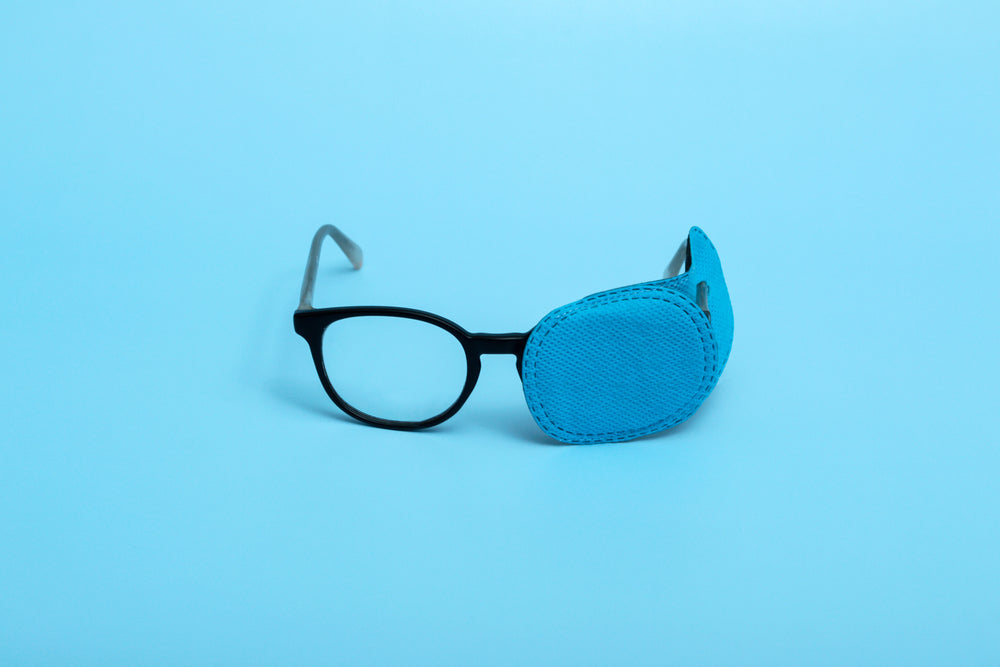Researchers at the Center for Eye Research in Australia have discovered a possible link between moderate-to-severe obstructive sleep apnea (OSA) and wet age-related macular degeneration.
The study, which involved 225 participants using home-based oximeters, was recently published in Clinical and Experimental Ophthalmology. The study participants, who were all over the age of 50 with varying degrees of AMD, underwent a sleep study which involved measuring their oxygen levels over three nights with the oximeter. OSA causes lower levels of oxygen in the blood overnight.
The oxygen levels were then used to calculate the level of OSA. Participants who had moderate-to-severe-OSA were found to have a higher risk of also having wet AMD compared to participants without OSA.
Larger studies will be required to validate this possible link and to determine if treating sleep apnea has an impact on lowering the risk of dry macular degeneration progressing to wet AMD.














